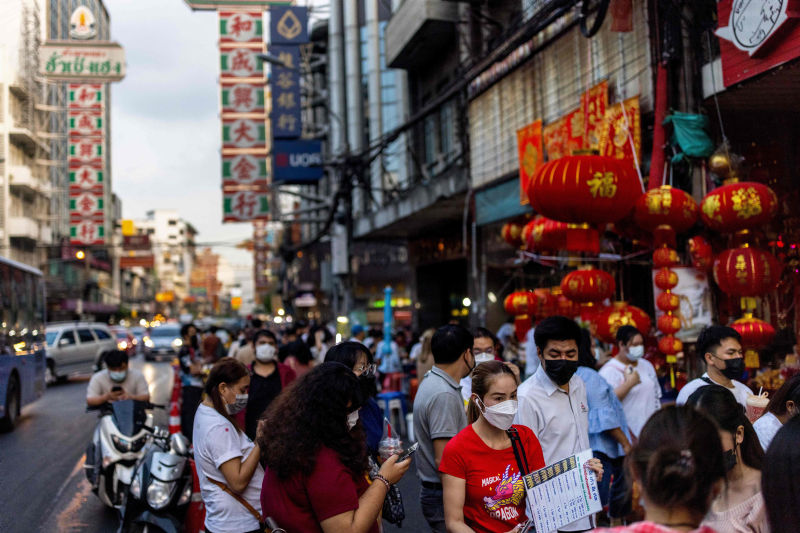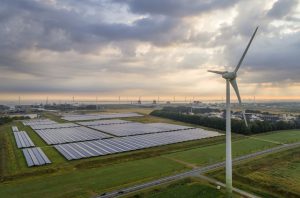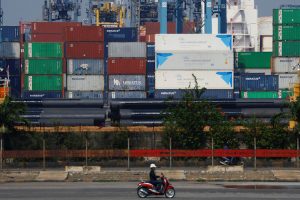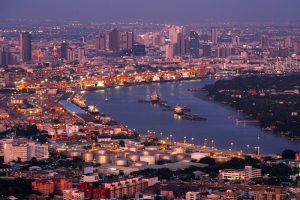Thailand’s government said on Friday that foreign direct investment shot up to $2.01 billion between January and July, a 65% surge from the same period a year earlier.
“Foreign investors are still investing in Thailand, showing their confidence in the country’s potential,” spokesperson Anucha Burapachaisri said.
Japan was the biggest investor, he added, followed by Singapore, the United States, and Hong Kong.
Of the total investment, more than $814.6 million was in the Eastern Economic Corridor (EEC) that covers three provinces east of the capital Bangkok, he said.
The EEC is the centrepiece of government efforts to boost growth and encourage investment, particularly in high-tech industries. The government aims for $62 billion of investment from 2023 to 2027.
Thailand’s economy is expected to grow 2.7% to 3.2% this year, the state planning agency has forecast.
Tourism Fuelling Rebound
The central bank said on Wednesday the economy recovered at a slower pace in July as domestic demand and exports weakened, but a rebound in the vital tourism sector should continue to underpin economic activity.
Despite the US Federal Reserve’s aggressive policy tightening, the Bank of Thailand (BOT) will focus on ensuring the country’s recovery is uninterrupted, BOT senior director Chayawadee Chai-Anant said.
The BOT is expected to gradually raise its key interest rate again at its next meeting on September 28 after hiking it for the first time in nearly four years this month to curb inflation.
Weakness in the baht has been in line with regional currencies and there have been no unusual capital movements, Chayawadee told a news conference.
Going forward, downward pressure on the baht should be limited as the economy and tourism gain steam, she said.
Despite July’s slowdown, economic activity in August is likely to follow a steady recovering trend, she said, adding risks including high inflation would be monitored.
In July, private consumption and investment dropped from the previous month, while export growth slowed to 3.4% year-on-year, the BOT said in a statement.
Thailand recorded a current account deficit of $4.1 billion in July, but Chayawadee said it might return to surplus in the fourth quarter, helped by tourism.
- Reuters, with additional editing from Alfie Habershon and Jim Pollard
Read more:
Thailand’s Central Bank Pins Hopes on Increased Tourism
Bank of Thailand Hikes Rates for First Time in Four Years
China to ‘See Double-Digit FDI Growth’: Xinhua
























